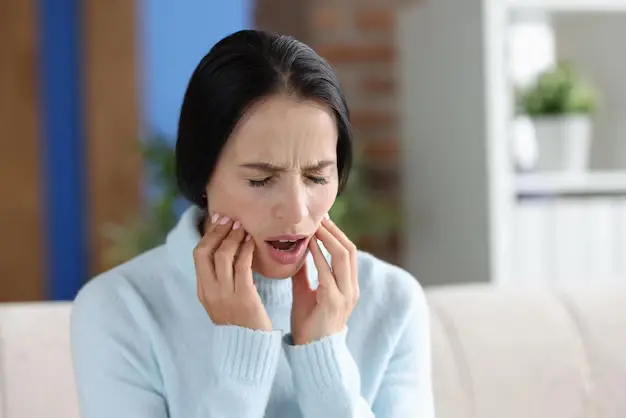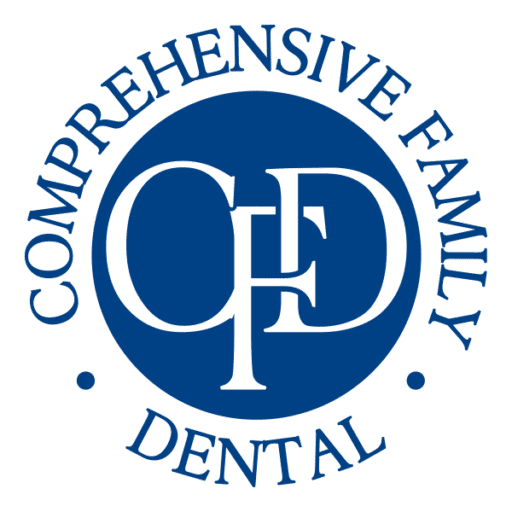Temporomandibular Joint Disorder (TMJ or TMD) is a discomforting condition that affects millions across the globe. Characterized jaw pain or stiffness in the jaw, it can lead to a significant disruption in a person’s daily life. Among the various symptoms that manifest, the occurrence of TMJ flare-ups is quite common. Knowing how to treat TMJ flare up can be of immense help in these scenarios. This article explores the different aspects of TMJ flare-up, its causes, symptoms, and most importantly, how to combat it.
Understanding TMJ Flare Up
TMJ flare-up is a condition where a person with TMJ undergoes a sudden onset or worsening of symptoms. It could be due to various factors, from dietary habits to emotional stress. Recognizing these triggers is the first step towards knowing how to treat TMJ flare up.
Identifying the Triggers of TMJ Flare Up
TMJ flare-ups are often triggered by certain actions or behaviors that strain the temporomandibular joint. The following are some common triggers:
Stress
Emotional stress can lead to involuntary teeth grinding or jaw clenching, which can exacerbate TMJ symptoms.
Teeth Grinding
Known as bruxism, this habit, especially during sleep, puts additional pressure on the jaw, leading to a TMJ flare-up.
Sleep Disordered Breathing Issues
A sleep disordered breathing issue especially at night time can trigger a TMJ flare-up.
Poor Posture
A forward head posture or slouching can lead to neck strain and jaw discomfort, thereby triggering TMJ symptoms.
Recognizing the Symptoms of TMJ Flare Up
Understanding how to treat TMJ flare up involves recognizing TMD symptoms. The symptoms may vary from person to person, but here are some commonly observed ones: increased tenderness around the facial muscles, a decrease in the range of motion of the jaw, popping or cracking sounds with jaw movement, intense, band-like headaches, a dull, non-specific ear pain, muscle pain, neck pain and shoulder, swelling around the TMJ area, and/or tension or clenching in the jaw.
Duration and Relief
A TMJ flare-up’s duration can vary vastly among individuals, ranging from a few hours to several weeks. The key here is to act swiftly because, with TMJ disorders, pain often leads to more pain, setting the stage for a more severe flare-up.

How Long Do TMJ Flare Ups Last?
The duration of a TMJ flare-up can range from a few hours to several weeks, depending on the individual and the severity of the condition. It’s crucial to start addressing the symptoms right away to prevent them from escalating.
Providing Relief for TMJ Flare Up
The treatment for TMJ flare-ups needs to be tailored to the individual’s unique needs. An optimal approach is a multi-modal one, combining various techniques. Here’s a protocol, coined as the HEALS protocol, that can provide significant relief:
H: Hot/Cold Therapy
Alternating between hot and cold compresses can provide relief from pain.
E: Exercises
Gentle exercises can help increase the jaw’s range of motion.
A: Analgesics
Nonsteroidal anti-inflammatory drugs (NSAIDs) are often preferred for pain relief.
L: Lifestyle
Incorporating good sleep hygiene and stress reduction techniques can help manage TMJ flare-ups.
S: Stress and Strain Reduction
Following a TMJ-friendly diet and using an intraoral appliance can alleviate symptoms.
Natural Remedies for TMJ Pain Relief
In addition to the above, several natural remedies can provide relief from a TMJ flare-up.
Targeted Exercises
Gentle jaw stretches and muscle exercises can enhance the jaw’s range of motion, helping reduce TMJ symptoms. Consult a healthcare provider to learn about TMJ-specific exercises.
Adjust Your Diet
Switching to an anti-inflammatory diet consisting of easy-to-eat cooked foods can reduce joint deterioration and swelling. Avoid foods that might exacerbate joint inflammation, such as those containing refined grains or added sugars.
Rest and Relax
Stress is a known trigger for TMJ symptoms. Incorporating self-care and relaxation techniques like deep breathing, mediating, stretching, exercising, guided imagery, massage therapy, and yoga can help reduce stress and promote better sleep.

Hot and Cold Therapy
Applying hot or cold packs to the affected area can improve circulation and relax tense jaw muscles. Some people find more relief using ice as it can decrease nerve transmissions in pain fibers and override pain sensations while heat can be used to increase blood flow.
Wear a Bite Guard
If you have a habit of grinding or clenching your teeth, wearing a bite guard can prevent these habits, thereby helping manage TMJ symptoms.
Seeking Professional Help for TMJ Flare Up
While these home remedies can provide temporary relief, it’s essential to seek professional help for long-term solutions. A TMJ specialist or a neuromuscular dentist can help identify the cause of your TMJ flare-ups and develop a personalized treatment plan.
Conclusion
Living with temporomandibular disorders can be challenging, and flare-ups can significantly impact your quality of life. Knowing how to treat TMJ flare up can equip you to manage these episodes better. Remember to seek help from professionals like the team at Comprehensive Family Dental for a thorough evaluation and customized treatment plan. With the right care and management strategies, you can reduce the frequency and severity of TMJ flare-ups, paving the way for a pain-free life.


